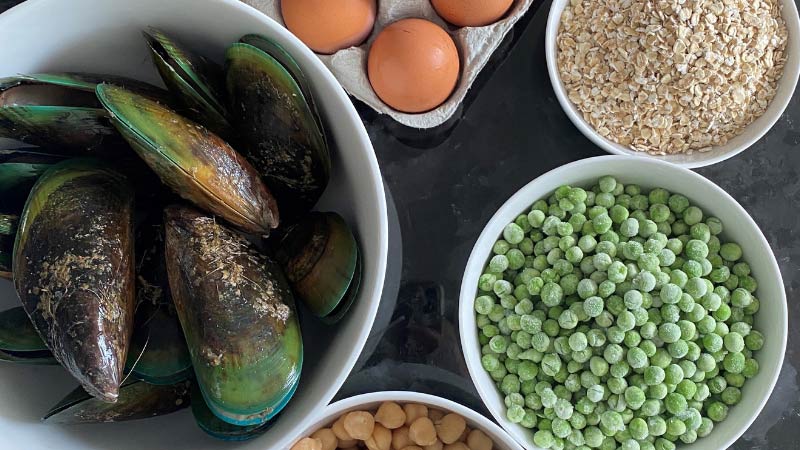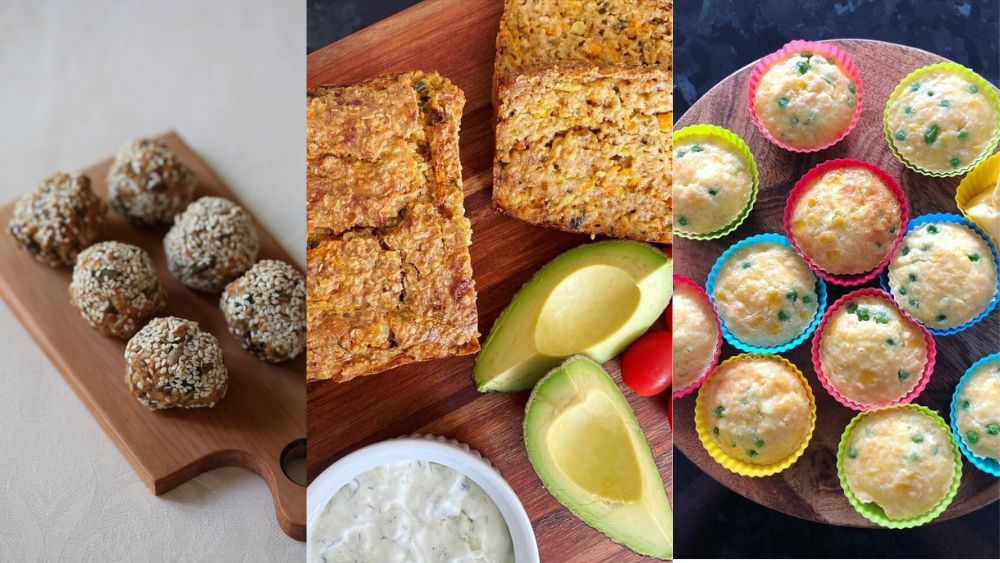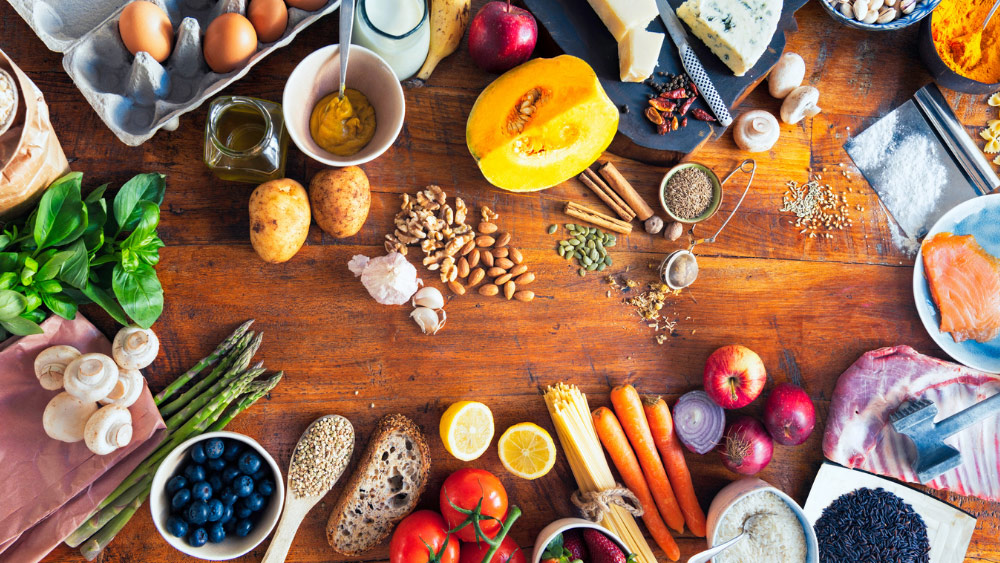As Claire Turnbull, registered New Zealand nutritionist, wellbeing speaker and director of Mission Nutrition explains, the issue isn’t a lack of information, it’s the psychology that sits beneath our food choices.
In her new book, End Your Fight With Food, Claire offers a compassionate and practical roadmap to help people break free from food frustration and find lasting wellbeing. We spoke with her about the advice in her new book and why real change begins not with what’s on your plate, but with what’s going on in your mind. Check out what Claire shared with us below.
Knowing what to do doesn’t mean doing it
People often assume they just need to try harder or learn more. But understanding nutrition is like reading a manual on how to fly a plane – it doesn’t mean you can fly one. The same goes for eating well.
Roughly 40% of all daily behaviour is habitual. That means much of our eating happens without conscious thought: snacking while emailing, pouring wine the moment the kids are asleep or grabbing chocolate because it’s there. It isn’t weakness, it’s wiring.
Autopilot and reactive response
I break our eating behaviours into two categories: autopilot and reactive response.
- Autopilot - eating without thinking: the 10am biscuit at work, the popcorn that vanishes during a movie.
- Reactive response - eating or drinking to regulate feelings: stress, boredom, loneliness, frustration, even celebration. Many of these links form in childhood. Think the chocolate for doing well at school or the glass of wine to “treat yourself”. They become part of how we cope.
Neither pattern means you’re broken, they’re simply signals, and, there is nothing wrong at all with having a glass of wine, enjoying chocolate or a delicious snack. It’s all about balance! However, if you do want to make changes to some of these eating behaviours, start by naming the patterns to begin shifting them.
The iceberg beneath our habits
What you eat is just the surface. Beneath that are all the things driving those choices such as your beliefs, emotions, values, environment and personal history. I call it “the iceberg.”
- Overeating often happens because food tastes good, but also because it comforts us. We might have learned to finish everything on our plate from our parents or associate food with love and reward.
- Undereating on the other hand can be about control. And our culture rewards restriction. Saying no to the donut gets praised, even if it comes at the cost of wellbeing.
- Then there’s guilt, especially for women. We tell ourselves we should want the salad over the burger, and if we don’t, we’ve somehow failed. One biscuit turns into five, not because we lack willpower, but because we told ourselves we weren’t allowed even one.
It’s not the biscuit that’s the problem, it’s how we treat ourselves afterwards.
Your brain is running the programme
If you always snack in front of the TV or when you feel that afternoon slump in the office, your brain starts to associate those moments with those actions. It sends a dopamine signal to urge you towards them - an itch that only goes away when you do the thing.
That’s not you being weak. That’s your brain doing its job.
But we can work with it. Start by noticing your patterns. I always recommend writing them down on paper, no judgement. Awareness creates a space between trigger and action. And in that gap, change becomes possible.
Why stress and sleep come first
If you’re not sleeping well, your appetite hormones get thrown off, your mood dips, and your ability to make nourishing choices drops.
And when you’re stressed? Food and alcohol become an easy, fast solution.
That’s why I encourage people to start with the foundations. Prioritise rest. Find ways that don’t involve food to decompress. You can’t make lasting changes to your eating habits if your nervous system is in survival mode.
You are not the problem
There’s a quote I love: “If being hard on yourself worked, it would’ve worked by now.” But it doesn’t. It just keeps you stuck in the loop of guilt, shame and “starting over on Monday.”
You are not your behaviours. They’re just strategies your brain picked up along the way to help you cope.
One of the most powerful shifts you can make is learning to speak to yourself with kindness. You wouldn’t tell your best friend, or your five-year-old self, that they were a failure for eating a biscuit. So why speak to yourself that way?
Stop blaming yourself. You’re not failing, you’re learning. You’ve developed patterns that once served you, but maybe no longer do. And that’s okay.
Just noticing them, without judgement, is a powerful first step.
What I hope readers take away
- You're not alone
- Change is possible without shame
- Wellbeing is broader than food: sleep, movement, connection, purpose and rest matter too
- Healing your own relationship with food is the best way to raise kids who feel good around it.
You don’t need more rules. You just need a new lens - one that treats you like a whole person and not a project to fix.
Ending your fight with food
I started dieting when I was nine. I lived in extremes of restriction, bingeing, punishment and control. I spent years feeling ashamed, confused and stuck. At one point, it nearly cost me my life.
That’s why I wrote this book. To say, “I’ve been there. And you’re not alone.”
End Your Fight With Food isn’t a food plan, it’s a mindset shift. A practical guide for people who are tired of trying to be perfect, and ready to feel free instead.
You don’t need to fight food forever. There is another way. And it starts with how you see, and speak, to yourself.
Need help?
For free medical advice call Healthline 0800 611 116. Healthline provides a 24 hour, 7 days a week, over-the-phone health service. For emergencies call 111.







